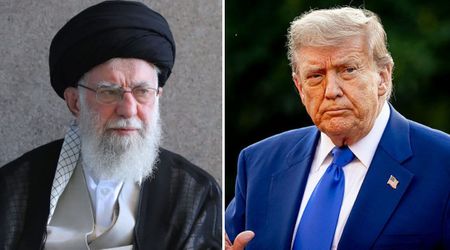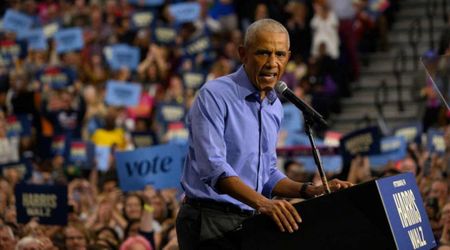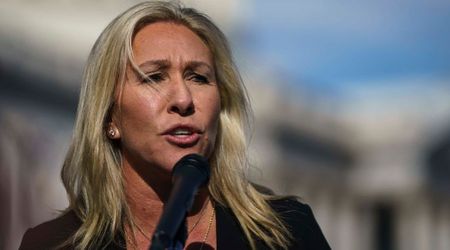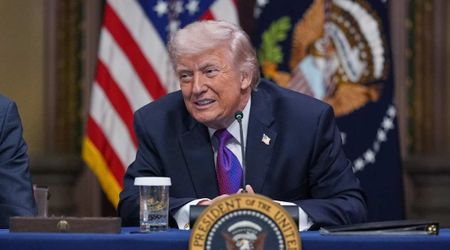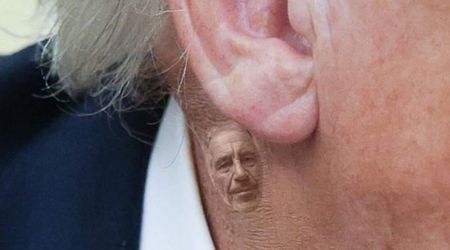Hunter Biden vs Steve Bannon: Decoding the differences in subpoena disputes of first son and ex-Trump aide
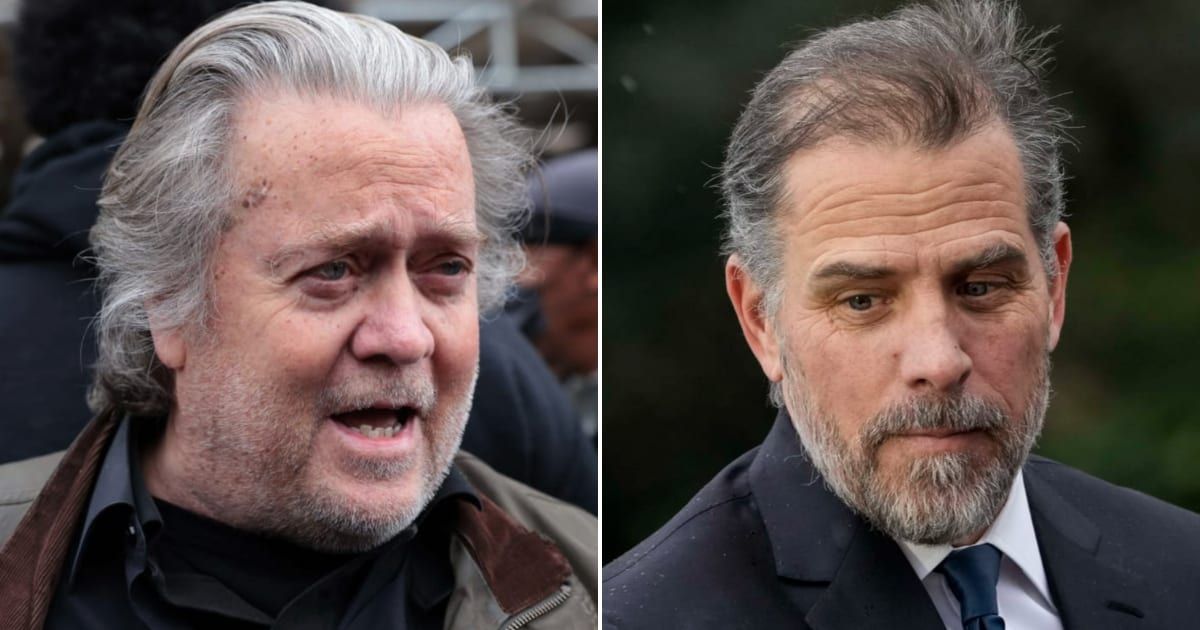
WASHINGTON, DC: The recent sentencing of Steve Bannon, a political strategist and former adviser to then-President Donald Trump, to four months in prison for contempt of Congress has ignited a wave of social media comparisons to the situation involving President Joe Biden’s son, Hunter Biden.
These comparisons, largely circulating on platforms like Instagram, have drawn scrutiny for lacking crucial context.
Steve Bannon's conviction and sentence
Steve Bannon's legal troubles began on September 23, 2021, when the House Select Committee investigating the January 6, 2021, attack on the US Capitol issued a subpoena requiring him to produce documents and testify. Bannon refused to comply, leading to a series of legal and congressional actions against him.
On October 21, 2021, the House of Representatives voted 229-202 to hold Bannon in contempt of Congress. This vote, predominantly along party lines, saw nine Republican members joining Democrats in the decision.

Following this vote, the matter was referred to the US Attorney’s Office in Washington, DC, which led to Bannon’s indictment on two counts of contempt of Congress.
In July 2022, Bannon was found guilty of these charges. Subsequently, in October 2022, he was sentenced to four months in prison and ordered to pay a $6,500 fine. Each count of contempt of Congress carries a potential penalty of up to one year in prison and a fine of up to $100,000.
Bannon was permitted to remain free while appealing the decision. However, after a federal appeals court upheld his conviction in May, Judge Carl J Nichols ordered Bannon to report to prison by July 1.
Hunter Biden's congressional subpoena
The situation involving Hunter Biden, while superficially similar, differs significantly in its resolution and legal consequences.
In November 2023, Republicans on the House Oversight Committee issued a subpoena to Hunter Biden as part of an impeachment inquiry into President Biden. The inquiry focused on Hunter Biden’s international business dealings and whether President Biden profited from them.
Initially, Hunter Biden refused to comply with the subpoena, proposing instead to testify at a public hearing. Republicans rejected this offer, insisting on a private deposition first. After months of negotiation, both parties reached an agreement in January 2024 for Hunter Biden to testify in a private deposition on February 28.
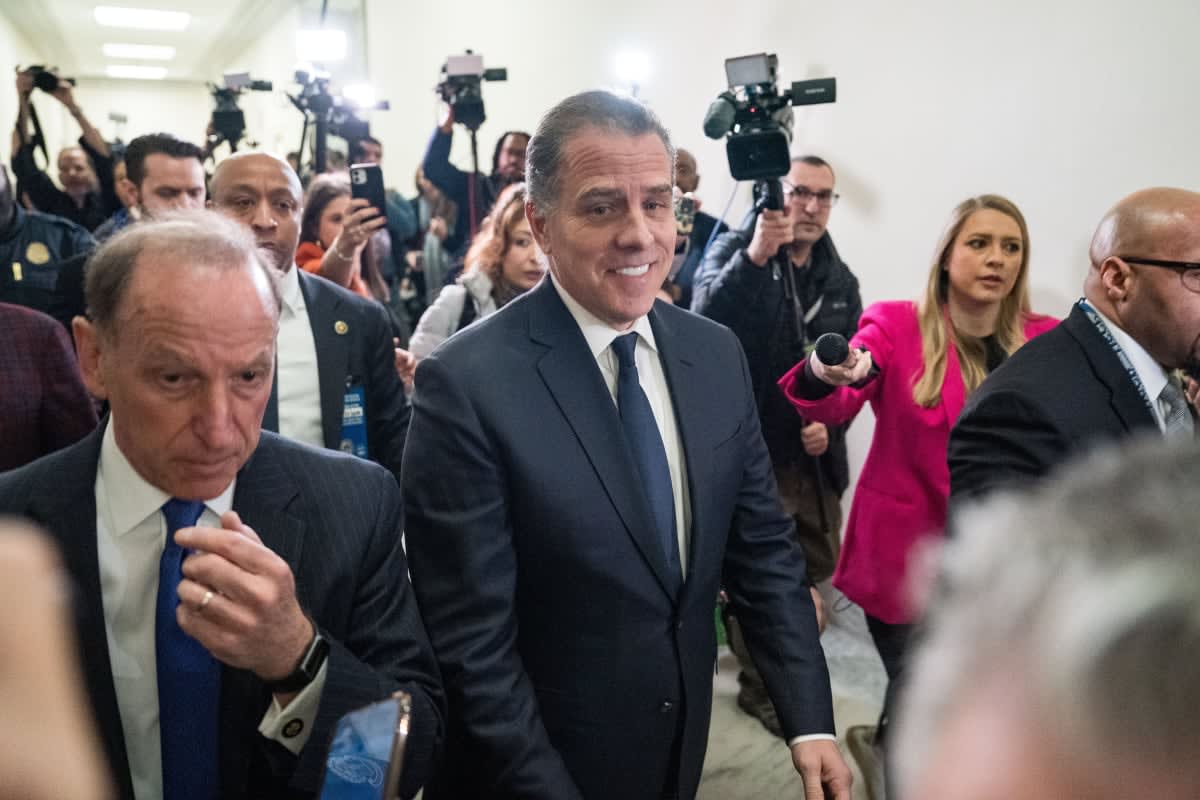
The terms of this agreement specified that the deposition would not be filmed, and a transcript would be promptly released by House Republicans.
Had Hunter Biden continued to refuse compliance, House Republicans were prepared to bring a vote to hold him in contempt of Congress, which could have led to similar legal proceedings as those faced by Bannon. However, because Hunter Biden ultimately agreed to testify, he was not charged with contempt of Congress and did not face prison time.
Social media compares Steve Bannon to Hunter Biden
Posts on social media platforms, particularly Instagram, have drawn direct comparisons between Bannon's and Biden’s cases, often suggesting a disparity in treatment. One such post stated, "A judge just sent Steve Bannon to prison for ignoring a congressional subpoena. Hunter did the same thing. No prison."
These posts have been flagged as part of Meta’s efforts to combat misinformation, as they lack important context and can mislead audiences regarding the legal distinctions between the two cases.
Subpoenas are legal orders to produce records or provide testimony, issued by courts, government agencies, or Congress. Failure to comply with a subpoena can result in civil or criminal penalties, including contempt of Congress charges.
The key difference in the cases of Bannon and Biden lies in their responses to the subpoenas and the subsequent legal actions taken against them.
Steve Bannon’s outright refusal to comply with the subpoena led to his indictment and conviction for contempt of Congress. In contrast, Hunter Biden's eventual agreement to testify avoided such charges. The comparisons on social media often omit these crucial details, leading to a skewed perception of the events, per PolitiFact.

